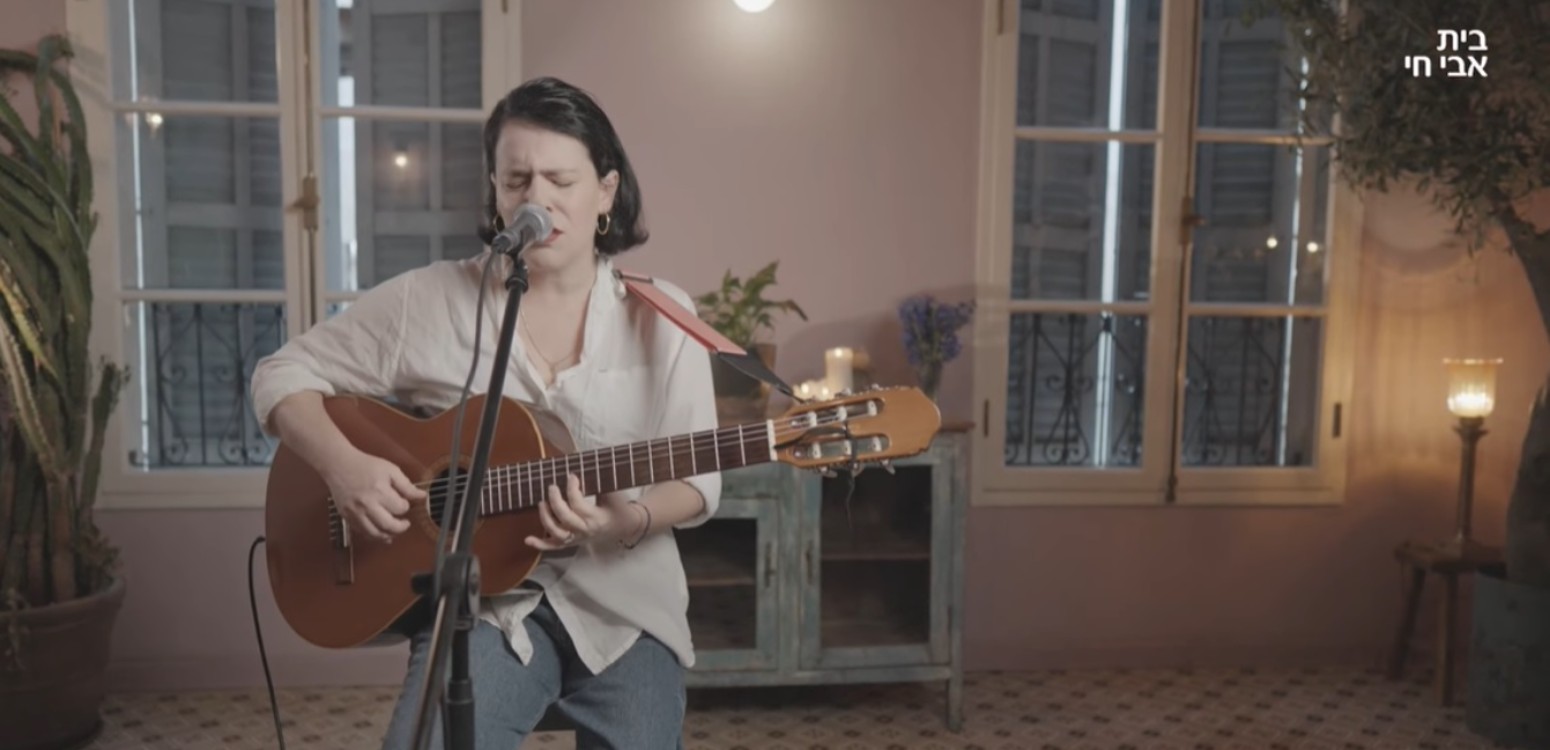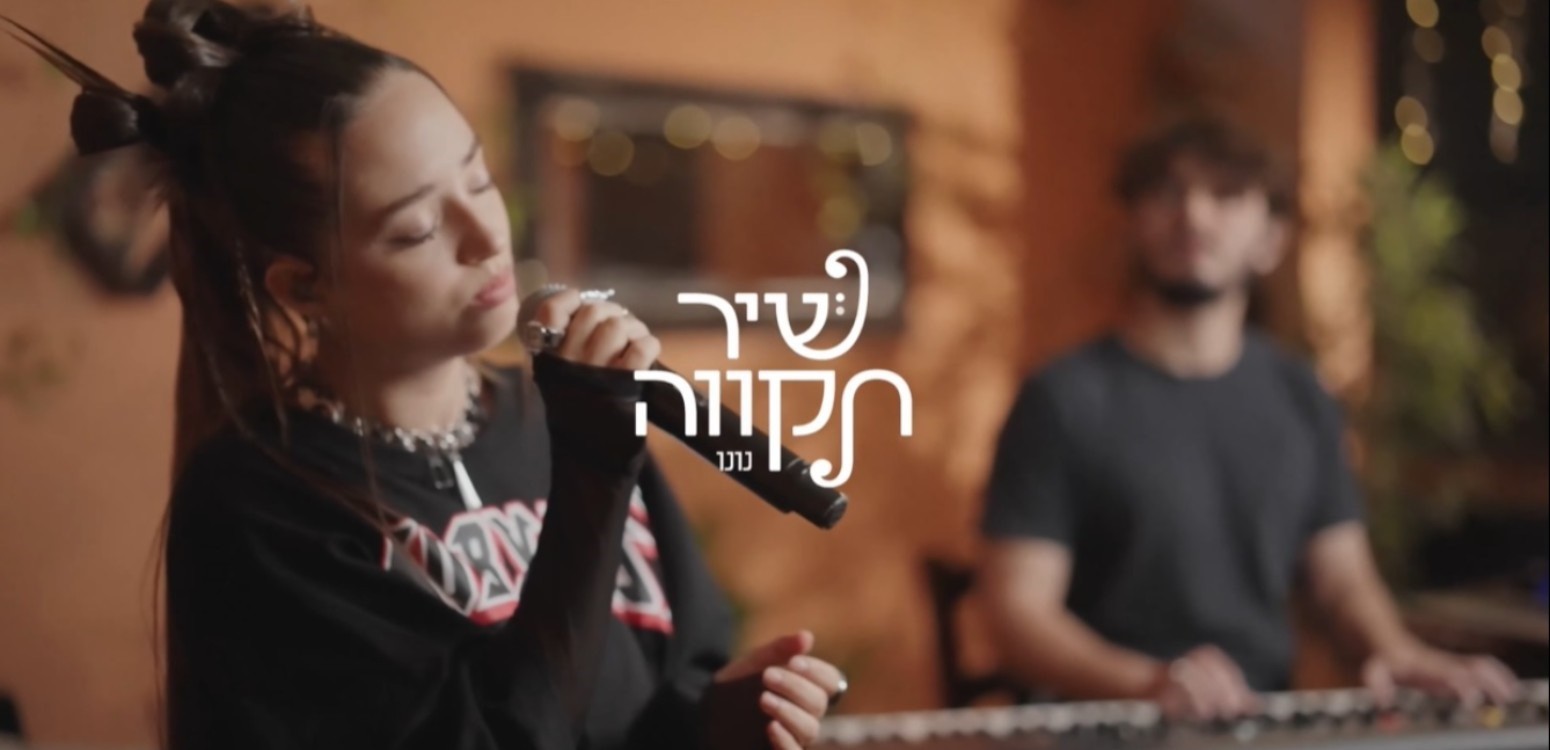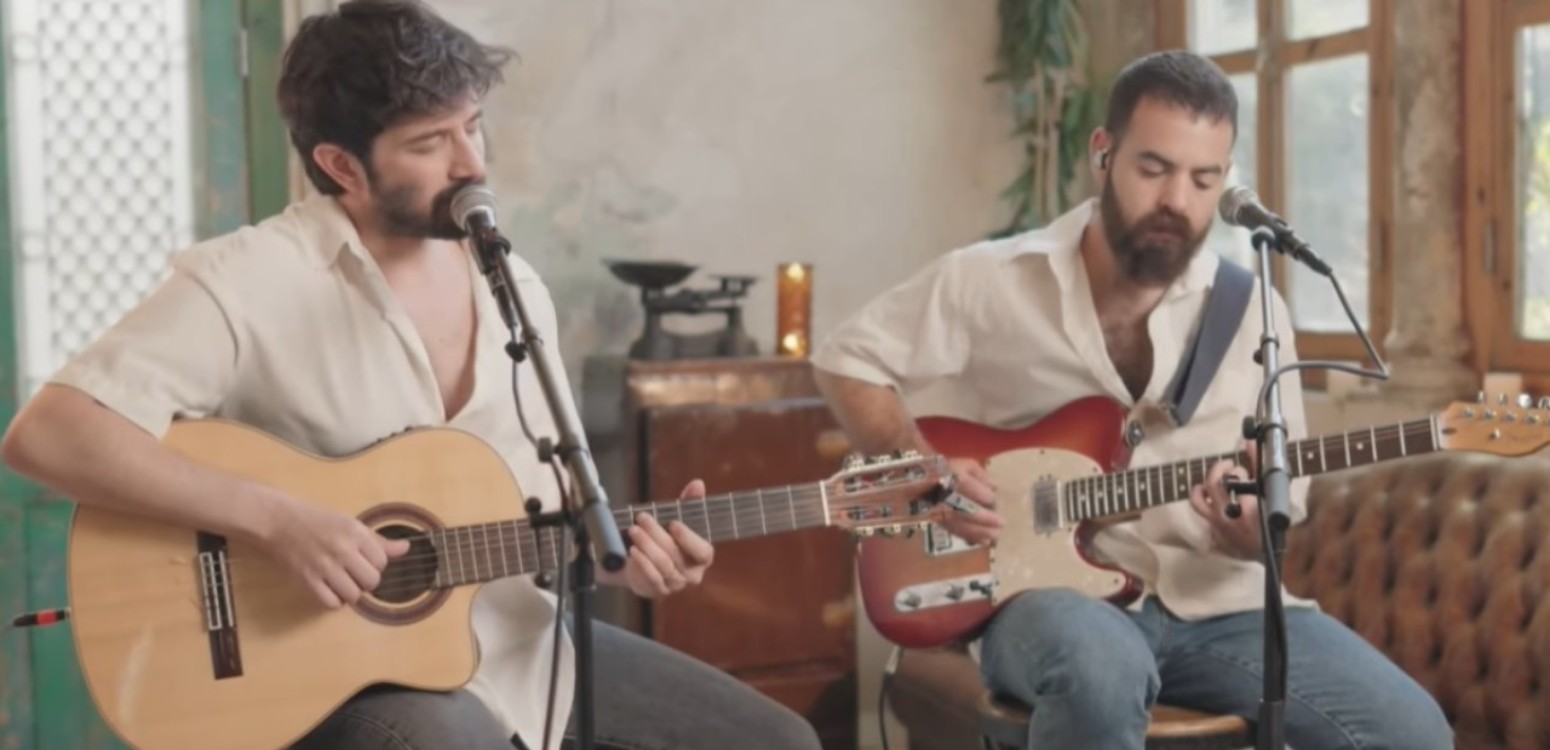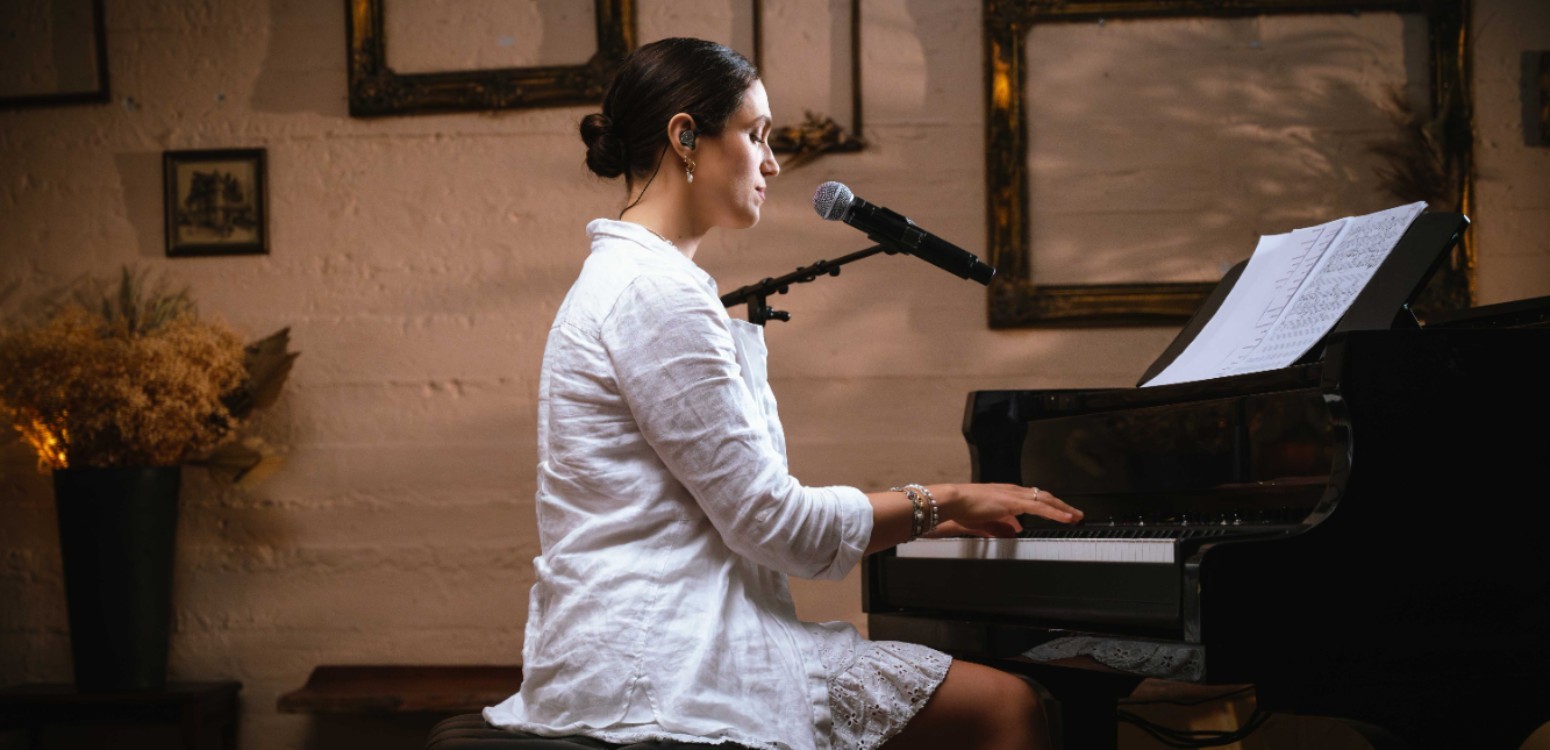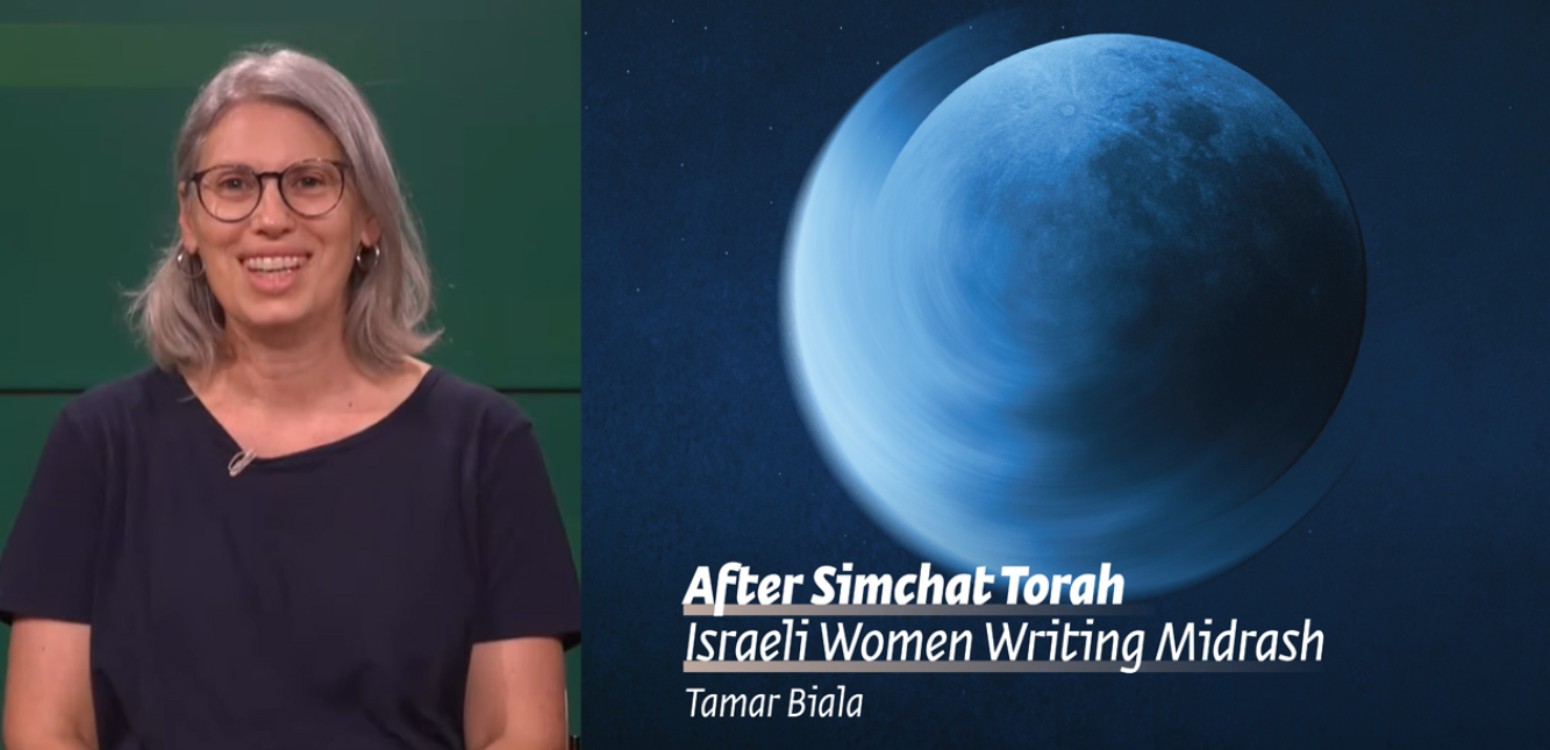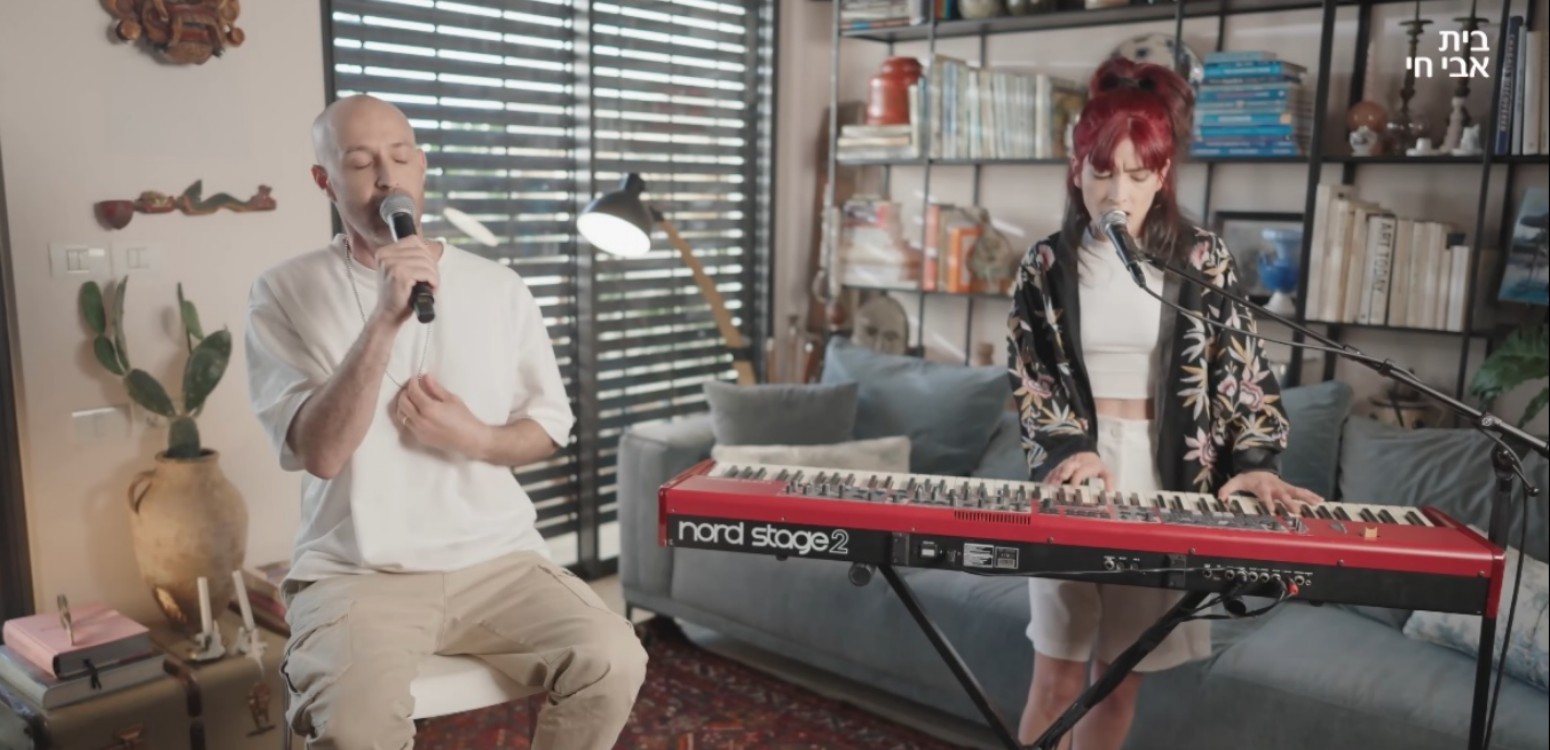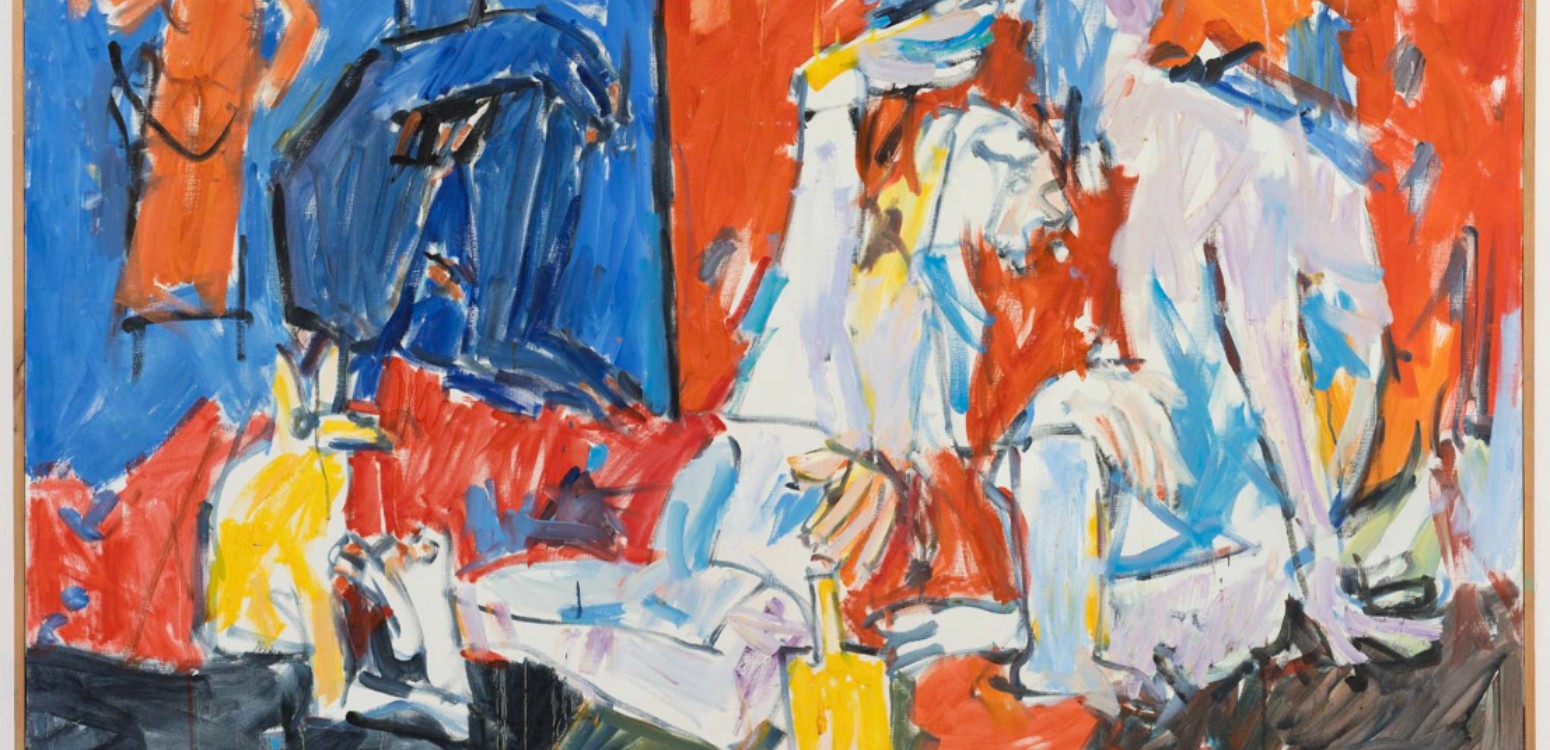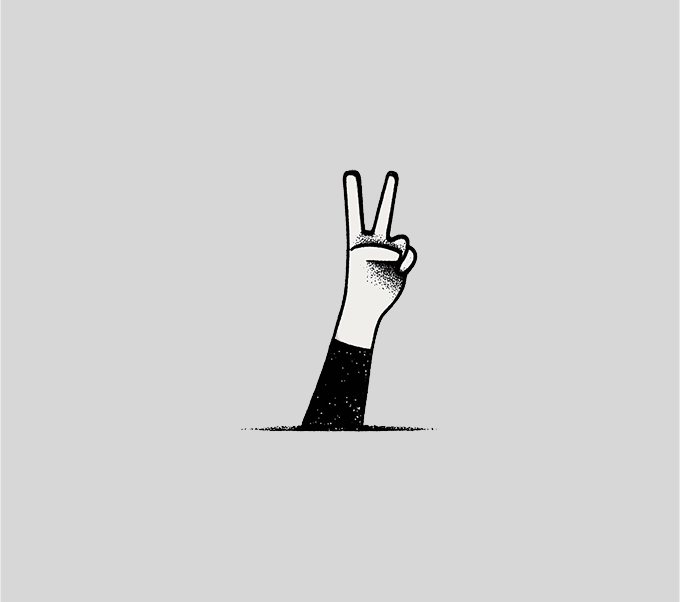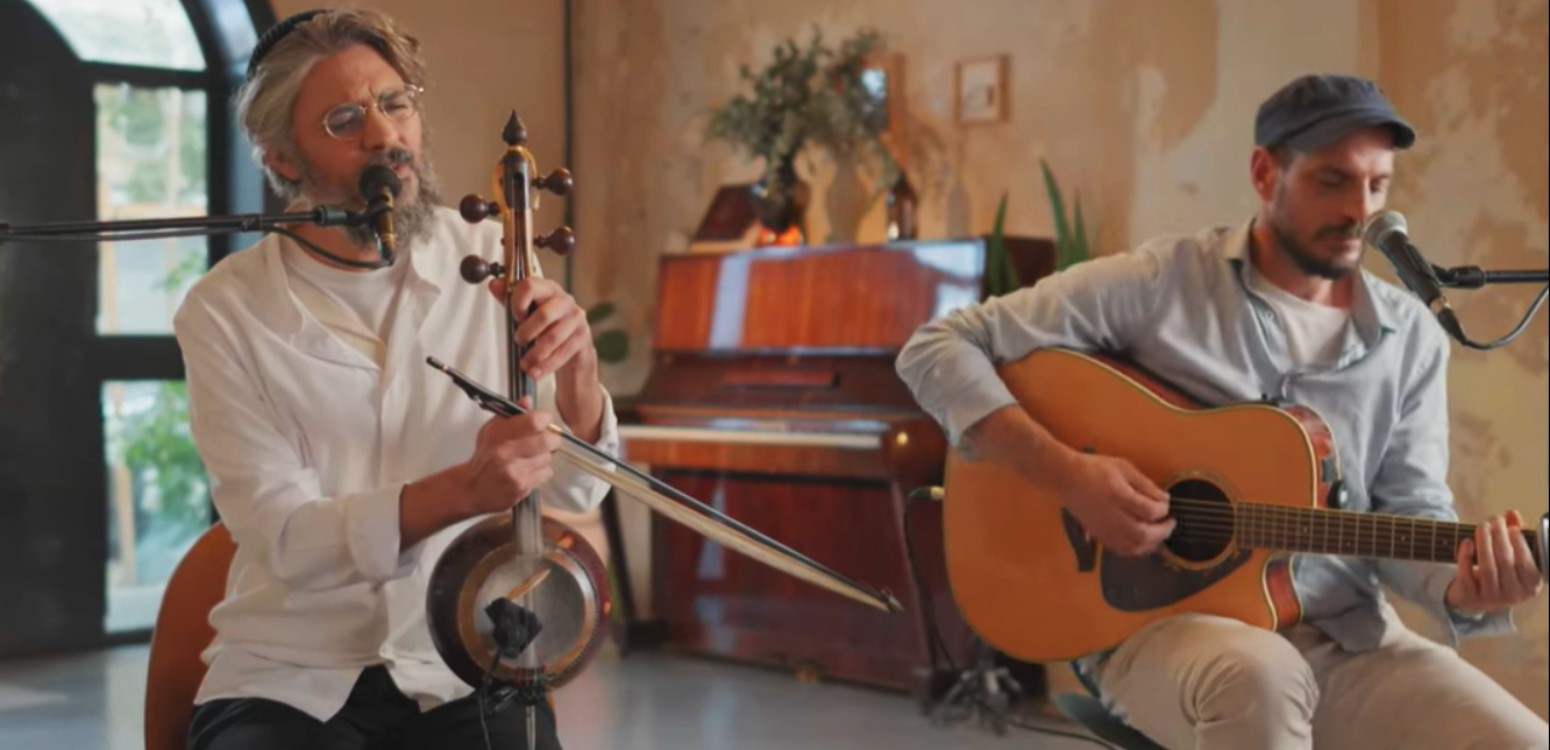
Yehuda Atlas changed Hebrew children’s literature by doing something radical: refusing to lie about childhood. His formula was simple: short, simple, honest
Yehuda Atlas, born in 1937, is one of Israel’s most beloved and influential writers for children. An author, translator, journalist, and scholar of children’s literature, Atlas revolutionized Hebrew children’s books with a new, honest, and direct voice. Over the years he has written dozens of books, translated classics, edited and researched children’s literature, and received numerous awards – including the Leah Goldberg Prize, the ACUM Lifetime Achievement Award, the Prime Minister’s Prize for Hebrew Writers, and many more.
In 1977, Atlas revolutionized Hebrew children’s literature with the publication of Ve Hayeled Hazeh Hu Ani – literally meaning “This Kid is Me” (it was later translated to English under the title “It’s Me”). The nook was a collection of short children’s poems written from the perspective of a child – small, shy, quietly declaring: I exist too. The book became an immediate sensation, won the Ze’ev Prize for Children’s Literature, and turned Atlas into a household name. The poems were set to music and released as a children’s record, and inspired a wave of follow-up books and imitations.
Atlas changed the face of Hebrew children’s literature by daring to tell the truth about childhood – without sugarcoating, without preaching, and without pretending that being a child is easy. He walked side by side with the child: with the anger, the disappointment, the jealousy. As he once explained, because children lack life experience, every bad thing feels like the end of the world, and he wanted to write exactly about those feelings.
When he first began to write, Atlas made three simple resolutions: to write short, write simple, and tell the truth. His direct, conversational Hebrew style spoke not only to children but also to adults, since Atlas understood that there isn’t such a big difference between us and the children we once were – deep inside we all still feel like kids.
Before turning to children’s literature, Atlas worked as a journalist. His first book was actually meant for adults: a detailed documentary-style account of the Zionist underground in Iraq during the 1940s and 1950s, published in 1969.
Alongside his own poetry, Atlas became a leading researcher of children’s literature, as well as a translator.
In his later years, Atlas began to focus on children and youth at risk, and in 2021 published a powerful, and sometimes devastating, collection of stories about vulnerable children, including accounts of sexual abuse. His goal, he explained, was to raise awareness and inspire action through the emotional force of poetry.
Yehuda Atlas taught generations of Israeli children that their feelings matter – that anger, fear, and disappointment are not weaknesses to hide, but truths to be spoken. In doing so, he didn’t just revolutionize Hebrew children’s literature. He gave voice to the child in all of us.
For more, see “It’s Me: Pajama party in tribute to Yehuda Atlas” (a special event for children and parents at BAC).
Main Photo: Yehudah Aṭlas by Laliv g\ Wikipedia
Also at Beit Avi Chai




